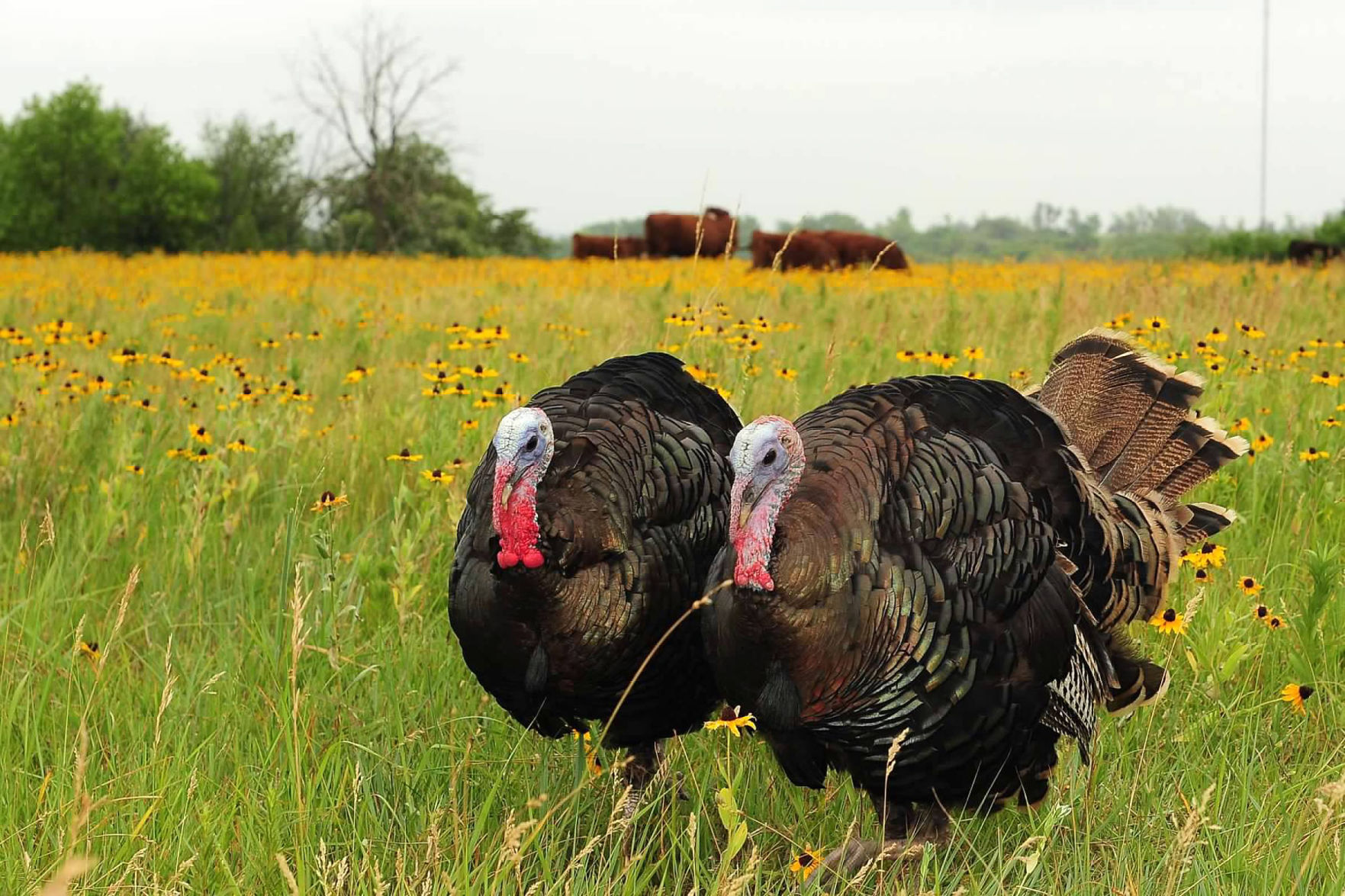States continue to confirm cases of HPAI

The Iowa Department of Agriculture and Land Stewardship and the United States Department of Agriculture’s Animal and Plant Health Inspection Service recently have confirmed two additional positive cases of highly pathogenic avian influenza in Iowa. The virus was found in a commercial turkey flock in Sac County and in a flock of commercial breeding chickens in Humboldt County.
Flock owners should prevent contact between their birds and wild birds and report sick birds or unusual deaths to state and federal officials. Biosecurity resources and best practices are available at iowaagriculture.gov/biosecurity. If producers suspect signs of HPAI in their flocks, they should contact their veterinarian immediately.
According to the U.S. Centers for Disease Control and Prevention, the recent HPAI detections in birds do not present an immediate public health concern. No human cases of these avian influenza viruses have been detected in the United States. It remains safe to eat poultry products. As a reminder, the proper handling and cooking of poultry and eggs to an internal temperature of 165 degrees Fahrenheit kills bacteria and viruses.
Other states have also been updating their results.
On March 29, the Oklahoma Department of Agriculture reported its first positive case of the avian flu that was detected in wild ducks. In Texas, USDA and APHIS confirmed the presence of avian influenza in a commercial pheasant flock in Erath County on April 3. Samples from the flock were tested at the Texas A&M Veterinary Medical Diagnostic Laboratory, part of the National Animal Health Laboratory Network, and confirmed at the APHIS National Veterinary Services Laboratory in Ames, Iowa.
The Missouri Department of Agriculture has recorded eight cases since its first case was reported in Stoddard County on March 3 within a flock commercial broiler chickens. Two cases involving commercial meat-type turkey were reported in Jasper County March 8 and March 31, and two cases were reported in Lawrence County—one involving commercial turkey breeder replacement hens on March 9 and the other in a commercial meat-type turkey on April 5. Other cases were reported in Bates, Ralls and Jasper counties.
As of March 31, Arkansas had no detections in wild birds or poultry flocks however the state has instituted an emergency rule for 120 days that began March 23 prohibiting the exhibition of poultry and waterfowl, according to the University of Arkansas Division of Agriculture Research and Extension. It also requires free range and backyard poultry be confined under roof or inside structures to prevent contraction from infected migratory birds flying overhead or direct exposure to wild birds. The rule also prohibits movement of poultry or domestic waterfowl from or within an affected area. South Dakota has also detected numerous cases in both domestic poultry flocks and wild birds.
“The current strain appeared in both Canada geese and snow geese and other waterfowl in the western U.S. and Canada,” said South Dakota Game, Fish and Parks senior wildlife biologist Rocco Murano. “Detections have now been found throughout the Atlantic, Central and Mississippi flyways.”
The Minnesota Board of Animal Health announced a case on March 25 and, as a result of other cases in surrounding states, the board issued a 31-day statewide ban on all poultry sales and exhibitions from April 1 through May 1, which includes all poultry community sales, swaps, fairs, exhibitions and other events where poultry and susceptible birds are brought together.
HPAI is a highly contagious, viral disease affecting bird populations. HPAI can travel in wild birds without those birds appearing sick but is often fatal to domestic bird populations, including chickens and turkeys. The virus can spread through droppings or nasal discharge of an infected bird, which can contaminate dust and soil.
Signs of HPAI include:
• Sudden increase in bird deaths without any clinical signs;
• Lack of energy and appetite;
• Decrease in egg production;
• Soft- or thin-shelled or misshapen eggs;
• Swelling of the head, eyelids, comb, wattles, and hocks;
• Purple or blue discoloration of the wattles, comb, and legs;
• Gasping for air (difficulty breathing);
• Coughing, sneezing, or nasal discharge (runny nose);
• Stumbling or falling down; and
• Diarrhea.
Dave Bergmeier can be reached at 620-227-1822 or [email protected].



